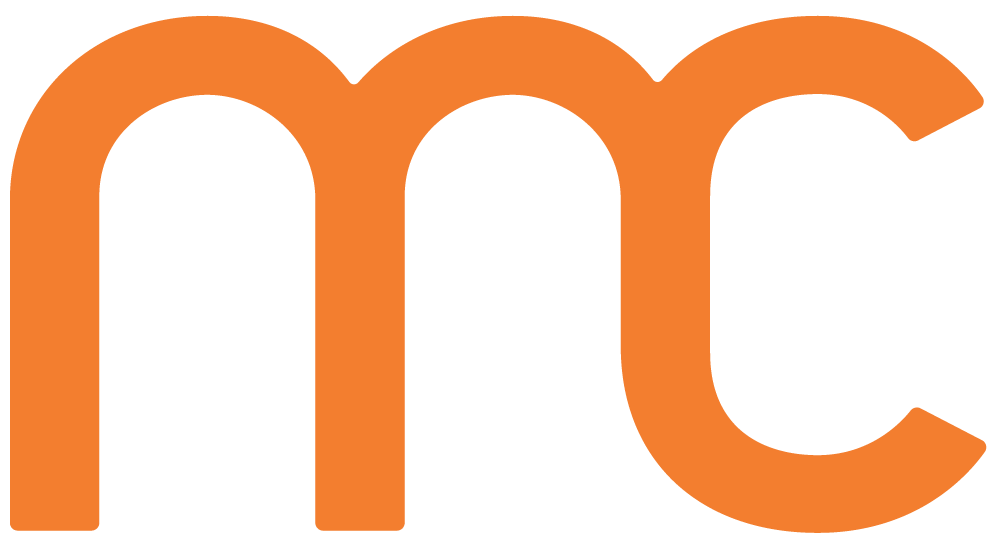When reaching out to find and select the agency or firm who will assist you through your online presence, the question should come up as to which CMS is right for my services or products? Though most understand what a CMS is, there’s possibly a lack of knowledge as to which is right for you.
What is a CMS? Most people have experienced a CMS, maybe not by administering a website, but using social media and apps. Basically a CMS allows an individual to post content through an administration portal of some sort, whether a photo on Instagram, a video on YouTube or the limit of 140 characters on Twitter.
There are many other types of CMSs to choose from as well. There are some that work best for newspapers or magazines, some that are great for blogging and some that are more specific to, let’s say, an ecommerce website.
Three of the most utilized CMS environments which are primarily used for developing and maintaining websites are Joomla, WordPress and Drupal, pronounced “droo-puhl.” All three are developed using open source coding under the GNU General Public License (for more information on GNU, please follow this link: http://www.gnu.org) and are viable choices in maintaining any style of website, though most developers usually have a preference based on their experience.
Let’s say you’re in the market for a newspaper- or magazine-style website, where the plan is to have multiple sections with multiple approval levels of submitted content. The Joomla CMS would be a better option, due to the back-end administration functionality and capabilities. Access Control List (ACL) within the Joomla environment allow levels of access to both the front-end (website) and back-end (administration).
If you are in the market for a blog-style website, the WordPress CMS is the optimal option. The WordPress CMS was primarily built to allow ease of use when posting content within a blog-style website. This is probably the most widely used CMS due to its ease of use. The back-end administration allows for multiple blog categories and the use of commenting.
Since Drupal’s start as a message board, it has come a long way in expanding to a level of use and administration as a standard website CMS. Similar to the WordPress environment, it is also widely used and simple to use.
All of these CMSs will allow expandability with the use of plugins, extensions, components and modules. Some features and functionality will already be a part of the initial installation. Joomla, while being the most robust in functionality out-of-the-box, still requires extensions to extend its capabilities depending on your needs.
Over the years, these three CMSs have gained momentum and have established themselves as a practical solution for the design, development and the ability to enhance your online presence. The choice is yours, and with the correct guidance from your agency, you will be set on the right path to an effective online presence.
Rod King
Web/Interactive Director
rod@mc-martin.com
717.712.0980

